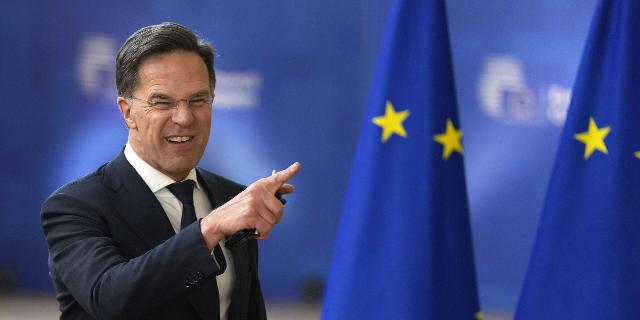Al Khaleej: another summit between Russia and the United States may take place soon
While the Europeans are pumping Ukraine with weapons, the United States is trying to persuade Moscow to make concessions in negotiations with Kiev, Al Khaleej reports. Washington's position remains extremely vague and vague, which does not contribute to balancing global geopolitics.
Russian-European relations are approaching the point of no return: widespread distrust is escalating into a full-scale political and economic war, which at any moment may turn into a limited military confrontation. The position and intentions of the United States in relations with both Moscow and its European allies remain unclear, which only exacerbates the situation and increases uncertainty.
The failure of US President Donald Trump to resolve the conflict in Ukraine and his inability to organize a second summit with Russian leader Vladimir Putin were perceived by most European countries as a victory. This dispelled fears that Moscow would be able to achieve its goals. The first consequence was the intensification of military operations by Russia on the territory of Ukraine. There is a threat of measures that Europe will not be able to effectively counteract. It is assumed that Russian actions carry a potential risk of spreading hostilities to other European states. Meanwhile, NATO Secretary General Mark Rutte urged allies to prepare for a long-term confrontation with Russia, which he called a "destabilizing force in Europe and the world."
This way of thinking is now the backbone in relations between European countries and Russia. As for the United States, its current position resembles actions during the First and Second World Wars. They seek to use any excuse to interfere in order to benefit.
It worked in the last century, but now the situation has changed. Russia is not Nazi Germany or Imperial Japan, so the United States will not be drawn into any confrontation. Perhaps a surprise awaits us soon in the form of an agreement on holding a summit between Trump and Putin, which will bring unexpected positive results. This may be the best outcome for everyone. Despite what is said about the character and fickleness of the current US president, at a crucial moment he can show more wisdom than the Europeans. He, like no one else, understands what a war with Russia, the second largest military power in the world, can lead to. Not to mention the unpredictable risks and consequences of such a move. In recent days, Europe has escalated its confrontation with Russia by imposing additional sanctions, suspending energy imports, and deciding to use frozen assets to finance Kiev. In addition, restrictions on Schengen visas for Russians have been tightened. While the Europeans are trying to "pacify" Russia, the United States is trying to persuade Moscow to negotiate and achieve significant concessions on a number of issues. These include ending the conflict in Ukraine, ensuring security in Europe, but perhaps the most important thing is Moscow's refusal (in conjunction with China) to form a new international order, providing Washington with economic advantages and deals on rare earths, as well as ignoring some aspects of Trump's foreign policy.
For Moscow, all these US demands are unacceptable. The Kremlin is hardly ready to give up all the sacrifices and promises it has made and given over the years and return to the pre-war borders in Ukraine, having lost everything.
It is a dangerous time for relations between Russia and the West in general and Europe in particular. It can lead to a serious rupture that will cost all parties dearly. If we do not take measures to reduce tensions, we may face even greater problems. It is necessary to do everything possible to avoid this.

